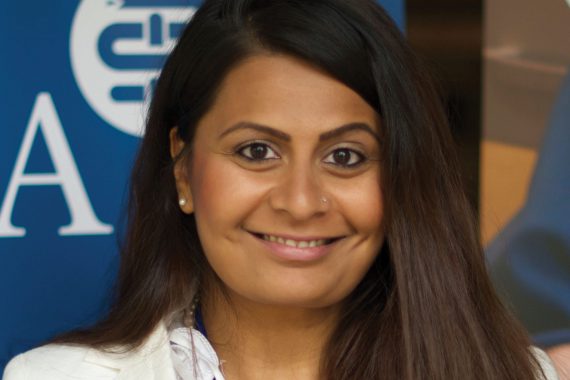Some GPs I know think that locums and agencies have broken the profession. Charging exorbitant fees, dictating and limiting what they will or won’t do. It seems that even NHS England agrees with this view as they are looking to set an ‘indicative maximum rate’ for locums, with practices having to report if they pay locums over this amount. I don’t believe locums have broken the profession. The entire profession needs to work out how to cope with the massive pressures facing general practice, and locums are part of the solution.
We need to start valuing ourselves and stop selling our expertise so cheaply
Two out of three GPs are facing significant work related stress, and nine out of ten state that workload pressures are damaging the quality of patient care. This pressure is reflected in our workforce with ever greater difficulties being faced in recruitment and retention. With 300 GP surgeries facing closure and GPs ready to quit in droves, now is the the time to define what general practice is and what it isn’t. We recognise heavy vehicle driver fatigue, pilot fatigue but not doctor fatigue. I have worked in over 100 GP practices and the story is the same everywhere I go. Good will prevails above all, there is serious martyr-itis and eventual burn out, all arising from the inability to say no. We are at risk of losing everything because we want to do as much as we can for our patients.
The other day I saw 52 patients – something GPs are doing day in day out across the country. If I had to regularly work such packed and busy days, as salaried GPs and partners have to do, I’d walk away from general practice. I am fortunate as a locum that I can try and avoid this – but some of you can’t.
What can we do?
As GPs we need to start valuing ourselves and stop selling our expertise so cheaply – we are highly trained and superb at what we do. We need to value the quality of services we provide and the time that it takes to provide a high quality service. Learning to say ‘no’ to some requests we get may be difficult but it could be one way of surviving. We cannot deal with such a large quantity of patients safely – it’s just not physically possible. Dealing with excess demand through hubs and network working should be explored as solutions. Research across the EU suggests that nations with manageable GP workloads tend to have some factors in common: they have a normal working day (eight hours or fewer) and mostly have a practice list size of 1,600 or fewer per GP. They are more likely to have longer consultations and, of course, easier access to secondary care beds. However, the factor that seems to be the most important is the number of patient consultations per doctor, per day. The European average is about 25 patient contacts per day. Imagine if we had a maximum of 25 contacts per day.
We must continue empowering and educating our patients, but also our staff so that they can learn to deal with patients’ queries more efficiently. We must learn to say no to unreasonable requests from secondary care. Let’s utilise the GPC document ‘Quality First’, use the templates, push back on work we should not be doing. Partners – it is difficult but work out how to stop doing work that you are not even being contracted to do. Be open to new ideas, ask for regular feedback and take critique positively. Evolve with the times and embrace technology.
Fully utilising sessionals will help our profession. Create a locum bank in your area, invite and incorporate us into teaching sessions and involve us in federation working. CCGs – find a way to engage us and hear our voice. Create a salaried scheme that provides incentives, and looks at innovative ways of working.
It’s important to look after all your staff, including the locums. Because a locum GP today could be a salaried GP or partner tomorrow. Ultimately we are all part of the same jigsaw puzzle that is general practice today.
We must as a profession learn to value our time, skills and expertise, and we must put a value on this. That’s what locum GPs do, and what all GPs need to start doing now.
Dr Farah Jameel is a sessional GP in London and deputy chair of the BMA Equality and Inclusion Committee
Pulse October survey
Take our July 2025 survey to potentially win £1.000 worth of tokens













